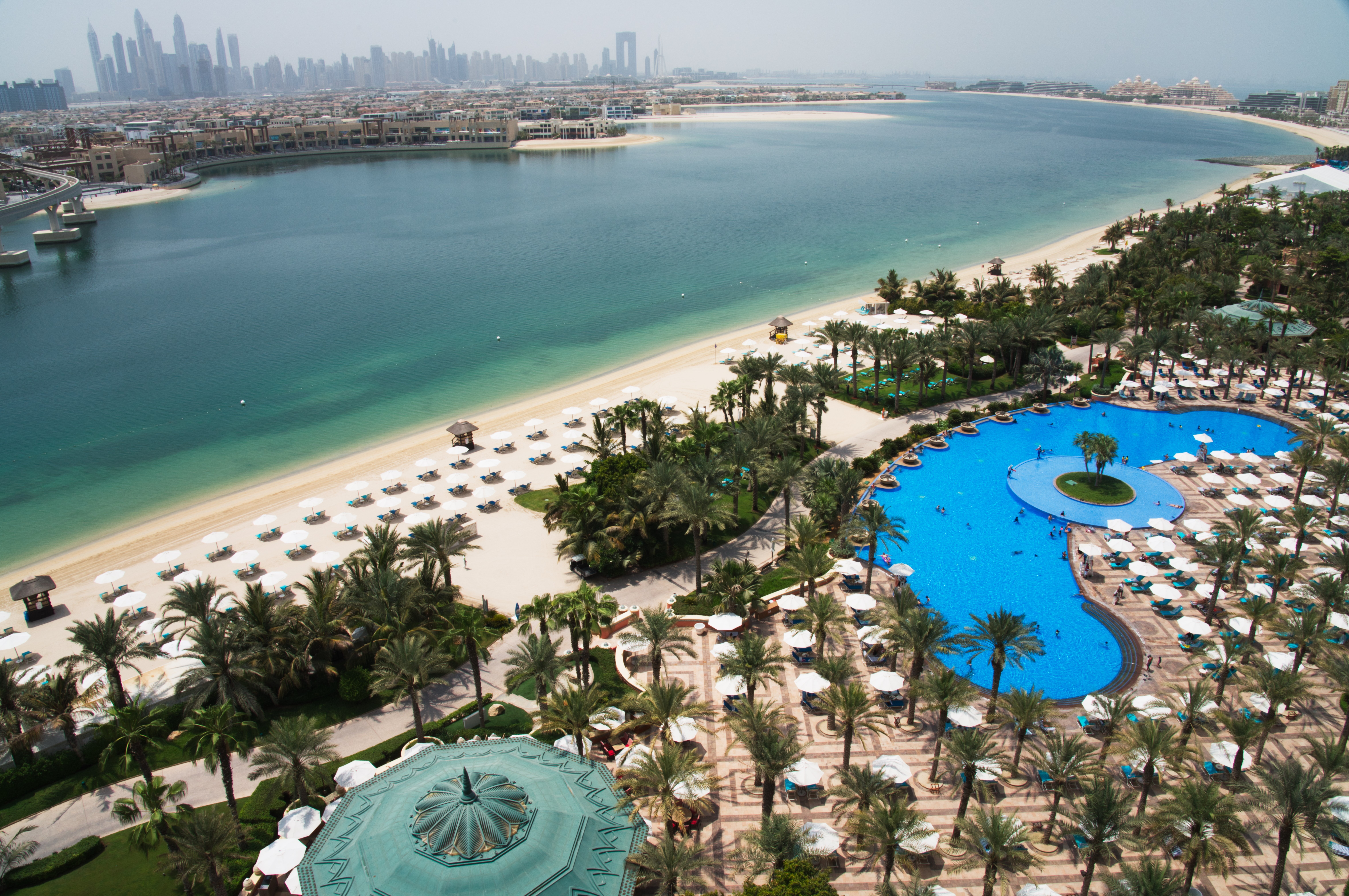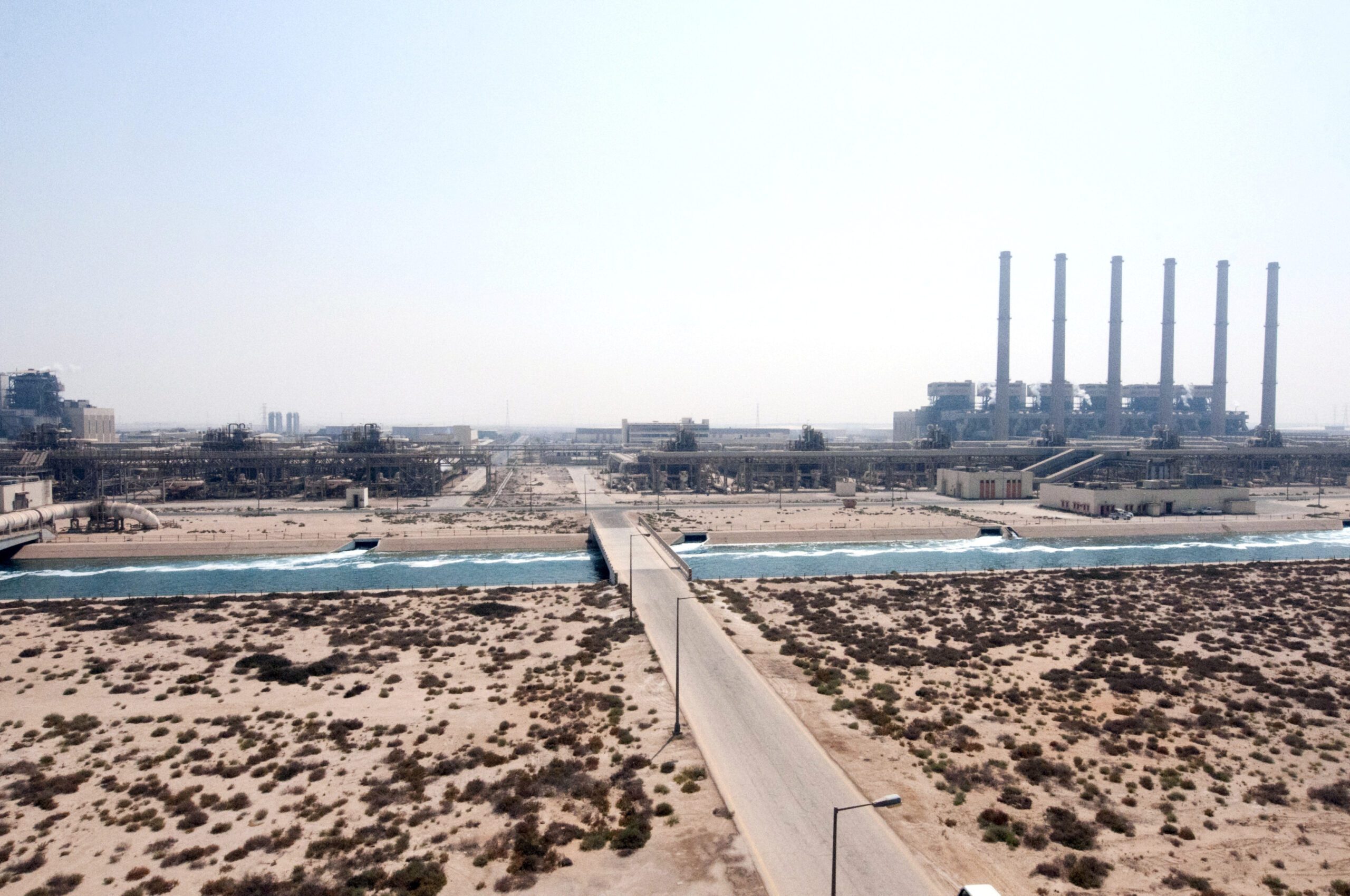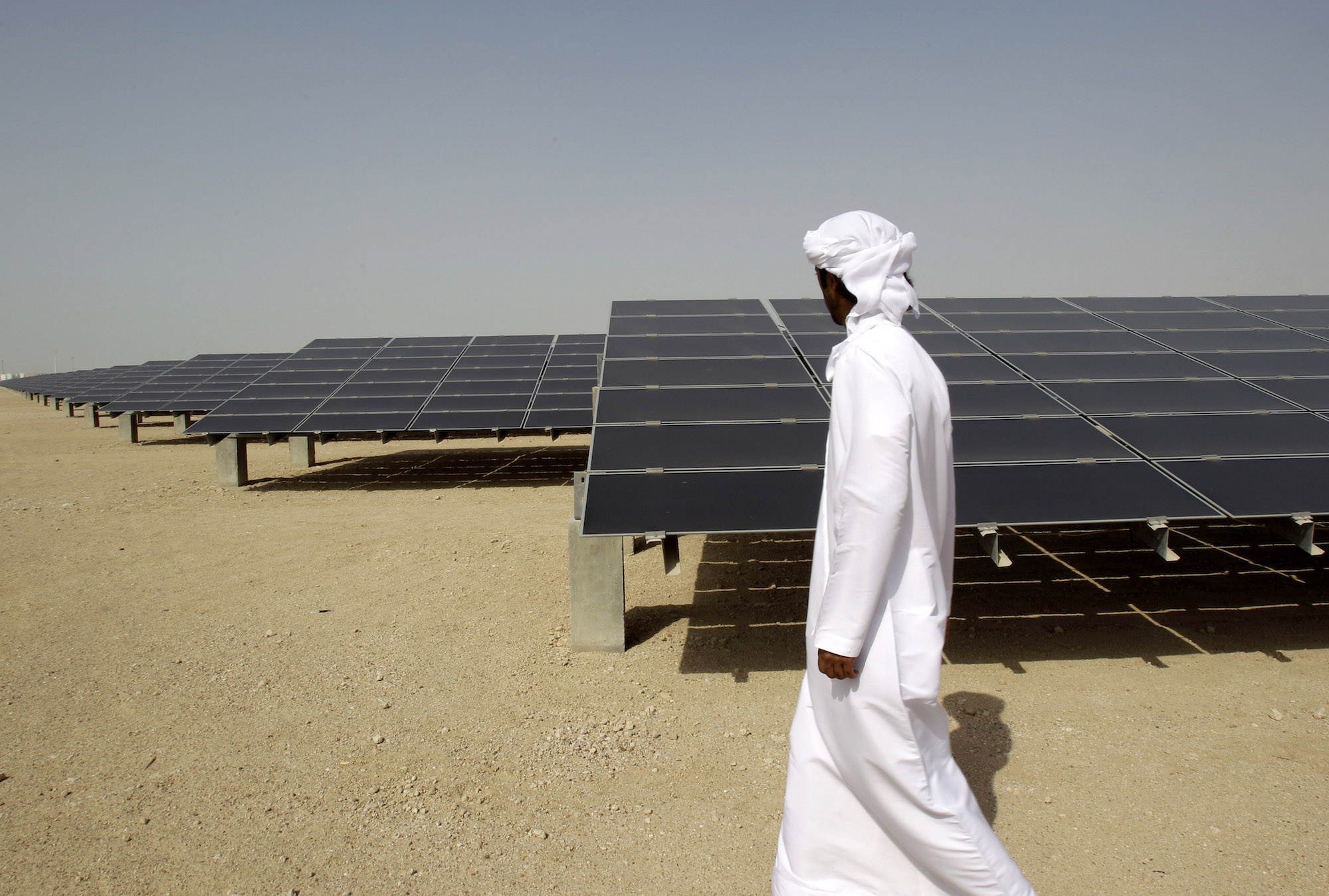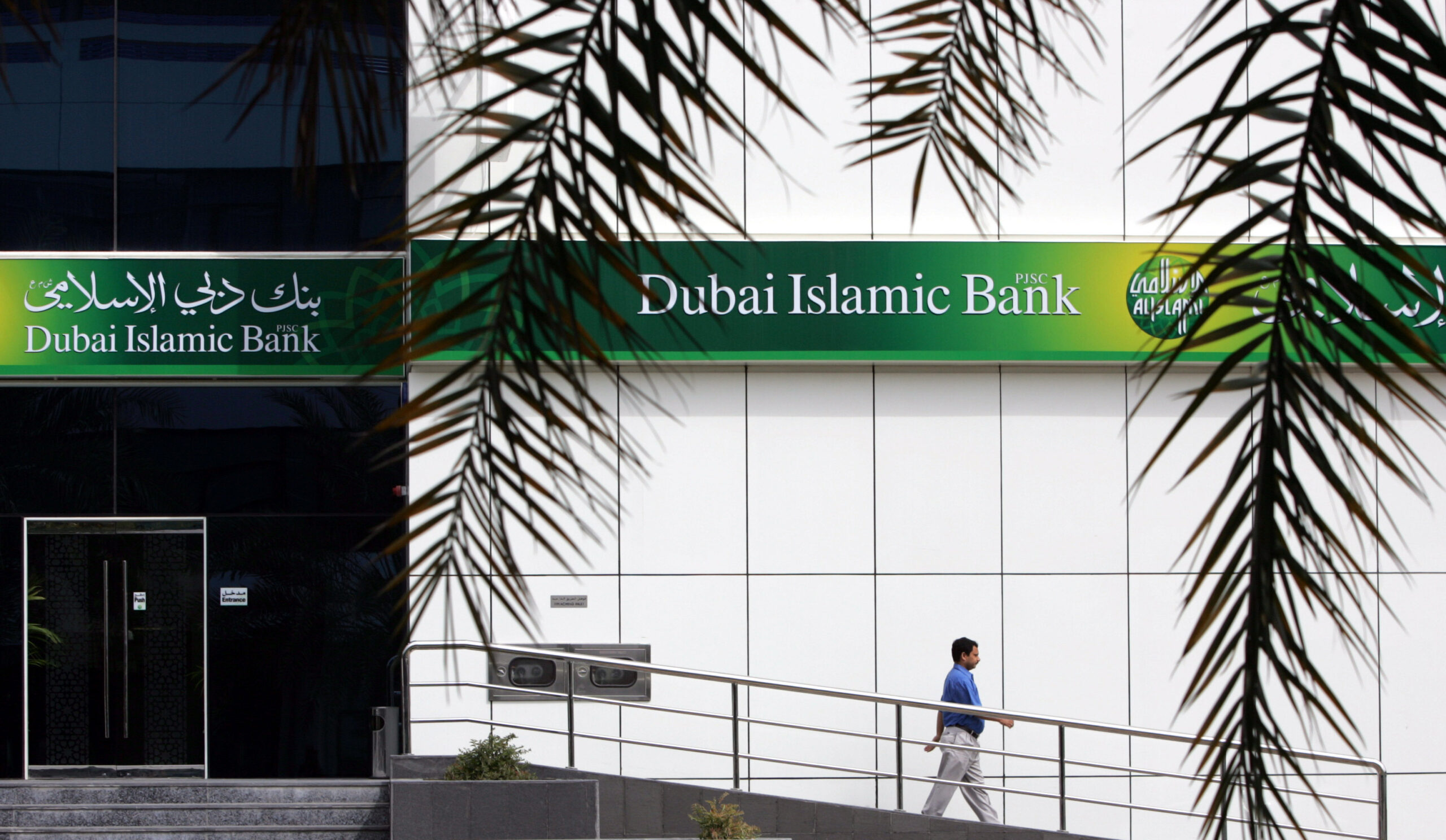Water at the Nexus of Gulf Security and Growth Challenges
This paper provides a comprehensive analysis that encompasses environmental, economic, and political concerns related to the issue of water security.
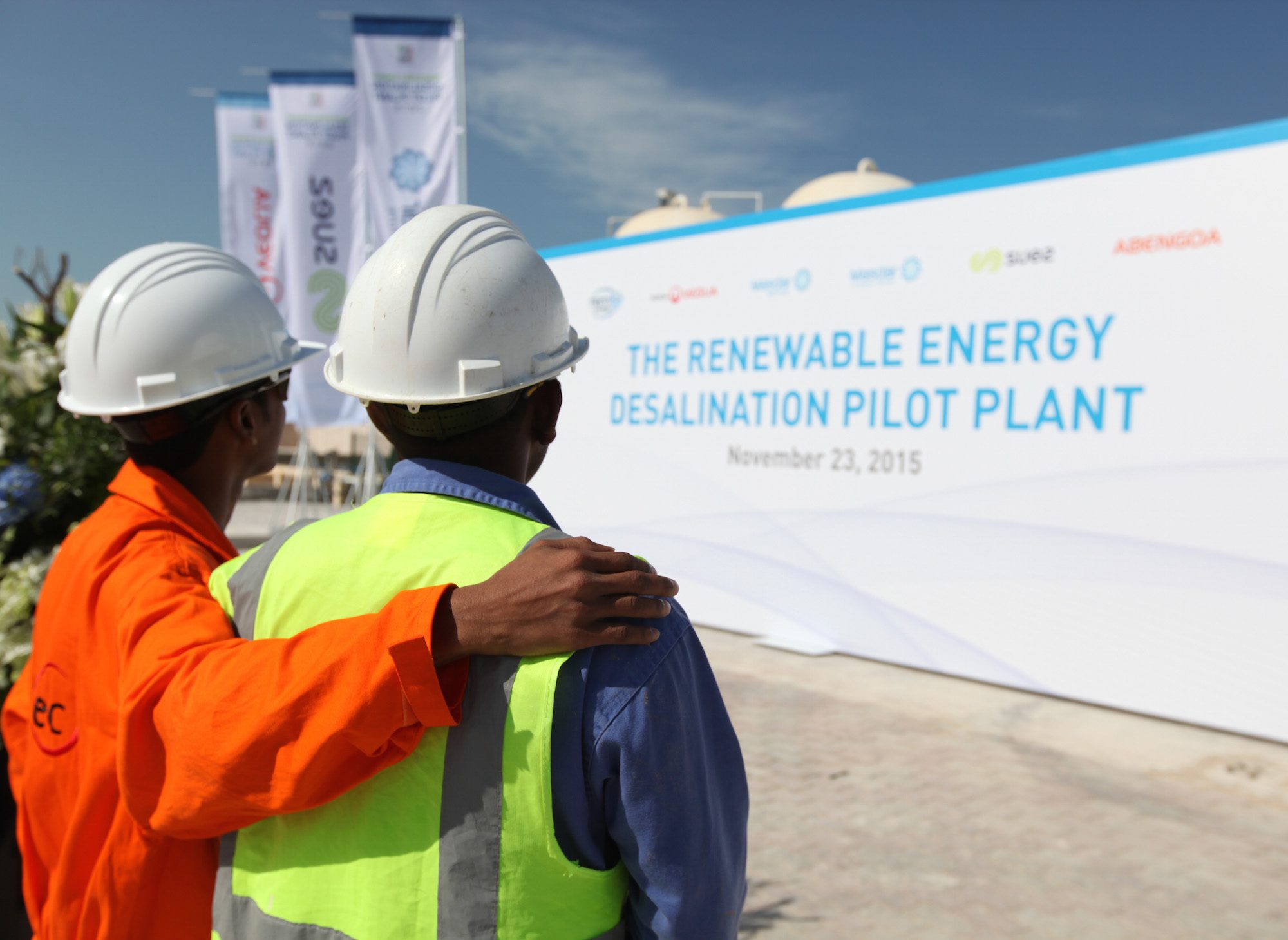
Executive Summary
Gulf Arab states face some of the most severe water shortages in the world. The situation emerges from limited availability of renewable water resources and escalating demands that result from the quick pace of economic development, rapid population growth, changing consumption patterns, and management inefficiencies. Accordingly, sustainable water provision is a persistent challenge facing governments of the Gulf Cooperation Council states as they seek to ensure human security, and maintain social and political stability. Furthermore, threats to water security include the possibility of a cyber, terrorist, or military attack targeting critical infrastructure and water supply networks. Thus, water security is a national security priority for GCC governments.
As a result of the hydroclimatic conditions of the Gulf region, GCC countries tend to rely on desalinated seawater, groundwater resources, and recycled wastewater. Each of these water resources has its limitations and needs to be evaluated in terms of its long-term financial and ecological sustainability. Besides, the interlinkages between the water, energy, and food sectors should be addressed through an integrated management approach.
To tackle water scarcity and enhance economic efficiency, Gulf states have pursued several initiatives such as importing water – either explicitly by delivering water across borders or implicitly by importing water-intensive products. However, the attractiveness of this approach is restricted by geopolitical complexities and national security considerations. Alternatively, GCC states have recently switched to “outsourcing farming” in order to save their limited groundwater resources and maintain food security.
Given the pivotal role of water for the survival of countries and the prosperity of civilizations, this paper presents the opportunities and threats facing Gulf countries in their progress toward sustainable water resource management. It provides a comprehensive analysis that encompasses environmental, economic, and political concerns related to the issue of water security. And it offers recommendations for policy measures for the GCC states to maintain water security and improve sustainability.
The views represented herein are the author's or speaker's own and do not necessarily reflect the views of AGSI, its staff, or its board of directors.





